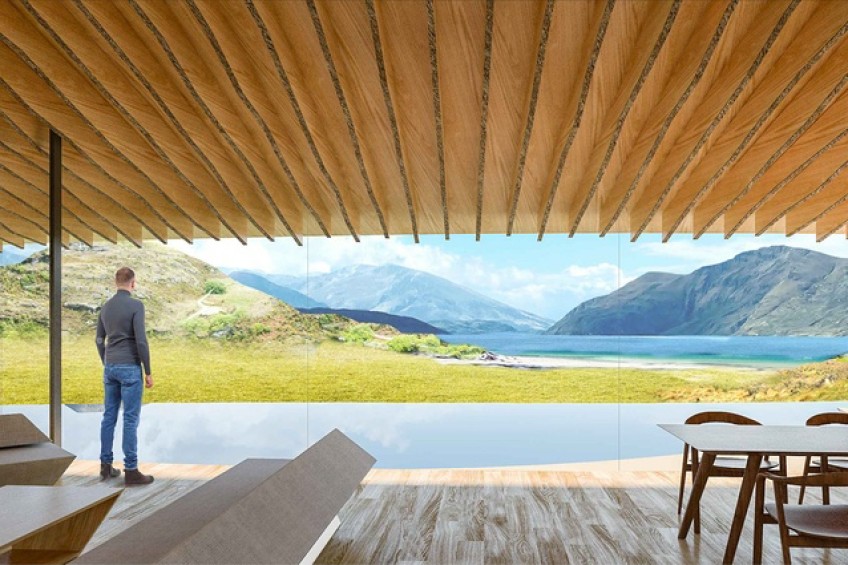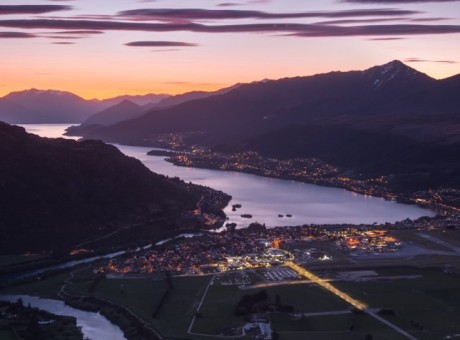Judge slams council's role as luxury Wānaka lodge rejected again

American tech entrepreneur Peter Thiel has lost his appeal of a decision refusing consent for his planned luxury lodge on the outskirts of Wānaka, with the judge ruling on the case criticising the role the Queenstown Lakes District Council played in the proceedings.
Mr Thiel's company Second Star Limited had attempted to overturn a decision made by an independent hearings panel on behalf of the council two years ago, but the Environment Court judgement released yesterday was not on the billionaire's side.
Nor did it paint a flattering picture of the local council, ruling it failed to act in a fair or transparent way after effectively switching teams mid-game.
While Mr Thiel's company had adopted some minor design changes in response to the panel's thumbs-down, they were not enough to sway Judge Prudence Steven.
In her decision, she said the visitor accommodation proposed would stretch "nearly the length of two football fields".
While she acknowledged the overall design was "attractive and responsive to its setting", its size was impossible for her to ignore.
"While the curved roof elements of the buildings will be consistent with the adjacent roche moutonnée landforms, they will not serve to significantly mitigate the horizontal effect of 190 metres and 35 metres of glazed windows that will introduce dual straight lines into a landscape that does not have them at present."
The proposed site, at Damper Bay between Wānaka township and Glendhu Bay is in an 'outstanding natural landscape' area, and the judge noted planned tree plantings would not adequately screen the buildings from several public vantage points on the Wānaka to Glendhu Track.
Judge Steven also commented on what she called "troubling" behaviour by the council during the appeal.
"While the council claimed to be a neutral party in the proceedings, the council brought planning and landscape evidence that openly supported the applicant’s case," she said in the judgement.
"When a council delegates decision-making with respect to a resource consent application to a commissioner/s their decision is a decision of the council, after which the council is functus officio.
"If a decision is appealed, council becomes the respondent and can be expected to take a position that defends its decision."
The judge acknowledged the possibility for the council, in some circumstances, to adopt a neutral position, but stressed a complete switch to calling evidence to support "an opposite position" required the council to "act with fairness and full transparency to all participants in the process as to the justification for its changed position".
She ruled that did not happen, noting meetings between council representatives, including council's lawyers, and Mr Thiel's team that other legal parties were excluded from.
"By agreeing to attend meetings with representatives of the appellant, without extending an invitation, or insisting that an invitation be extended to s274 parties, the council was in breach of a duty to be fair and fully transparent to all parties to the proceeding," the judge said.
Designed by the creators of Tokyo’s Olympic Stadium, Japanese architects Kengo Kuma and Associates, Mr Thiel's proposal included five buildings, to accommodate up to 30 guests, requiring 15 to 30 staff.
The Environment Court decision follows a two-day-long hearing held in Queenstown in March.


























